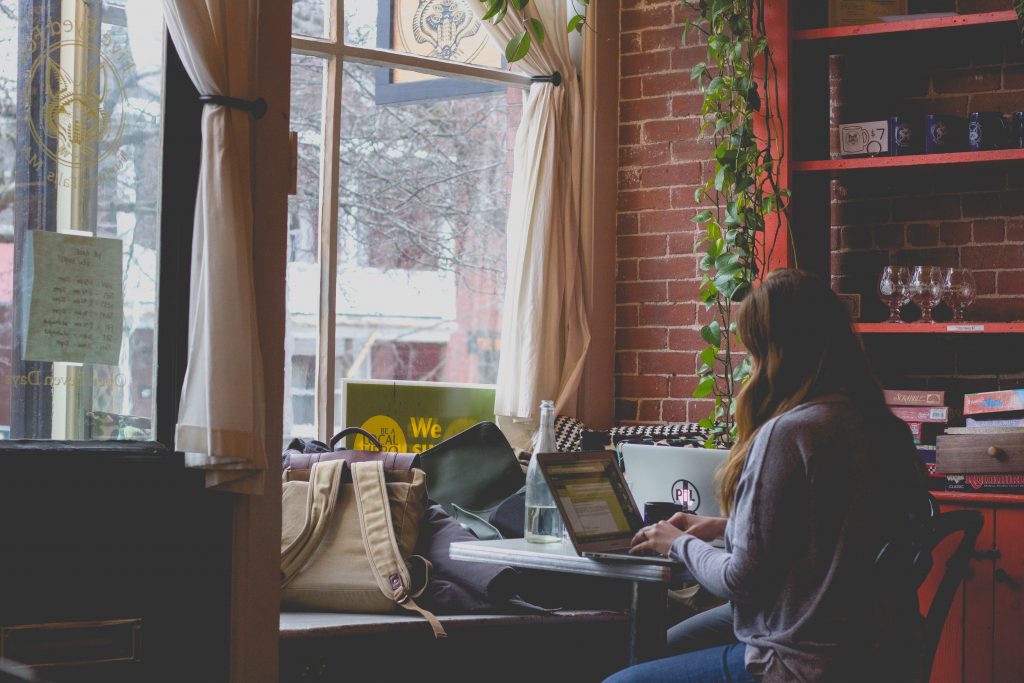
I apologize for the misuse of parentheses and repetitions in the title. There is a very specific reason for this choice, which I hope will be clear at the end of the article…
So, let’s start with the obvious, or rather the obvious: Covid has disrupted our existence on almost all levels and irreversibly. Beyond the emergency aspects, which we are still managing today (not without difficulty), by now we have understood that when the storm is over our lives will not return to those of 2019. Beyond the good and the bad. It will take time to metabolize and rationalize the many changes and we will have to come to terms with even the less comfortable or pleasant ones. For example, many of us have realized the definitive breaking down of the (already thin) barrier between work and private life. Spaces and times have completely blended, and as we all know, forced experiments in smart working (a term often used inappropriately) have yielded mixed results. Nonetheless, many people have now got into the habit (good or bad?) of working from home and companies have realized that, as Gene Wilder said in Frankenstein Junior, IT…CAN…BE DONE! This doesn’t mean that offices will be dismantled and locations abandoned, but on the horizon, for those who occupy roles that allow it, weeks made up of 2/3 days out of five managed remotely are on the horizon, with a balance to be invented.
A more subtle and profound change, which everyone is digesting in their own way, concerns instead the concept of Health. The pandemic has put in front of our eyes two very simple truths, that western or westernized societies do not like and therefore try to keep in the closet: we are not immortal nor omnipotent. Quite the contrary, we are rather fragile creatures and our survival on this planet (inter)depends on an infinite number of factors that it is foolish to delude ourselves that we can control (and towards which a little more respect would not hurt). In Italy, moreover, we have hit the limits of a health system that was not ready to withstand the shock wave amplified by the demographic characteristics of our country.
Moral of the story: we have painfully realized how important it is to do prevention, not only through institutional choices and political projects, but also and perhaps especially with small individual daily habits. So, perhaps crudely said: if life is one and there is no certainty about tomorrow (but also about the doctor), the care of one’s health can no longer be totally delegated to experts to be activated when some piece breaks, but must be cultivated daily with appropriate lifestyles. Not only: it can no longer be considered even partially expendable in exchange for a salary; rather, it must be sought (and possibly found!) even in the “place” of work, whatever it may be. So much so that, as research on Human Capital Trends 2021 clearly shows, the increase in expectations and requests for wellbeing on the part of employees is one of the key issues with which the HR functions of many companies (especially large, but also small and medium-sized ones) are dealing.
Here, then, is the outline of a near-future scenario in which attention to well-being brings together the interests of individuals and organizations, further confirming the overcoming of the traditional boundary between private and professional dimensions. Co-creating environments (more or less physically shared) within which individuals feel respected and protected their needs for physical, emotional and psychological integrity, working in turn to satisfy them, becomes not only possible but even compatible with the needs of sustainability and development of the company. In fact, if, as has been the case since their inception, industrial societies continue to push towards increasingly widespread and pervasive levels of automation, human beings will be left with the task of controlling those dimensions that a machine or an artificial intelligence cannot and perhaps cannot reproduce as effectively, namely creativity, passion and relationships (which are deeply interconnected!). And in order for these peculiar potentials of ours to be unleashed to the fullest, generating true added value for the organization of which we are a part, we need to feel safe (i.e. not threatened or endangered), respected and recognized. All of this tells us 2 things:
1. that companies that are able to spark a fertile dialogue between business development and people care will most likely secure the ‘solid adaptability’ needed to navigate the liquid and stormy times and markets that lie ahead;
2. that the construction of this dialogue depends on the contribution of all the players in the game, regardless of the role they play, starting from the awareness that we ourselves are primarily responsible for our well-being (inside and outside the game).
